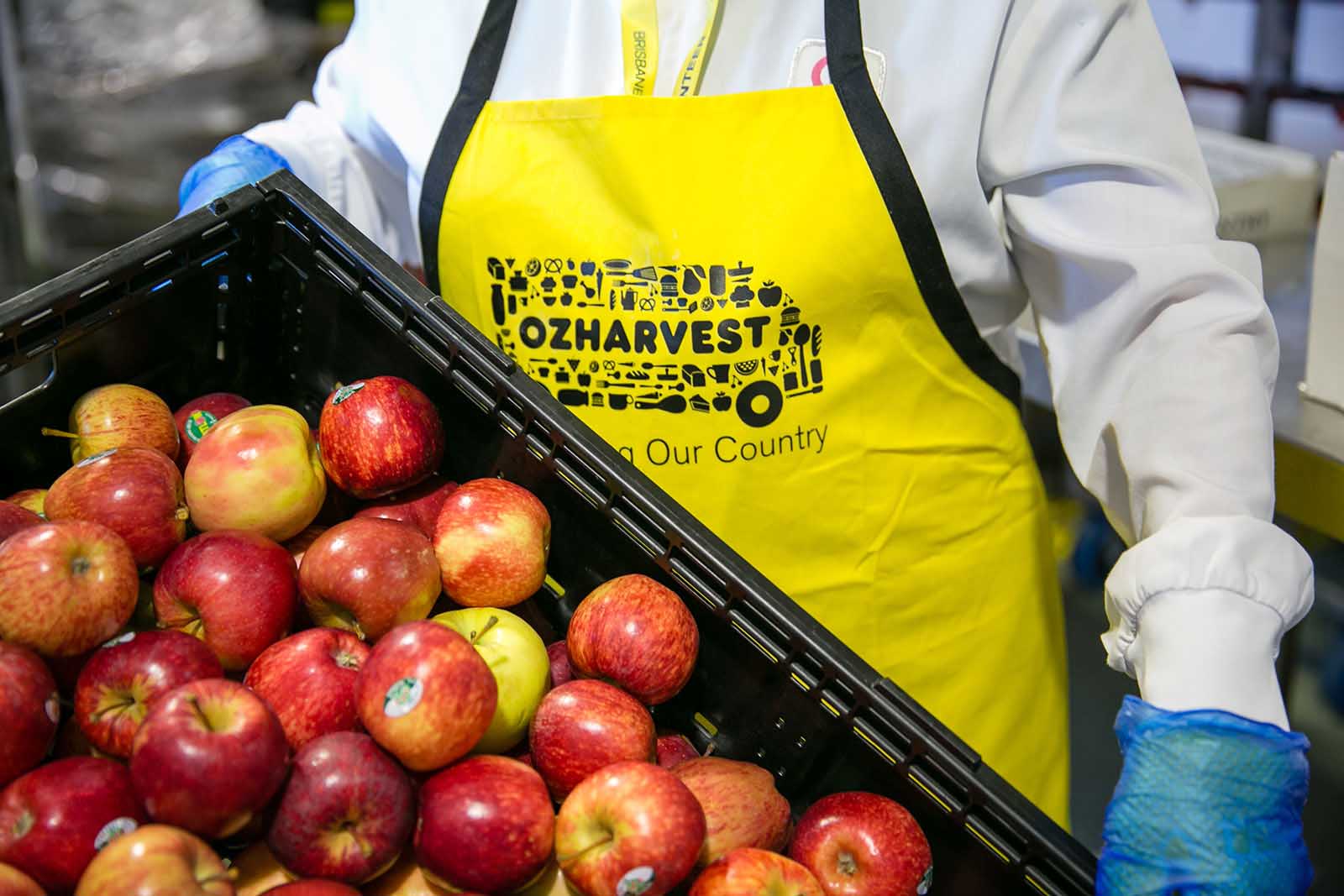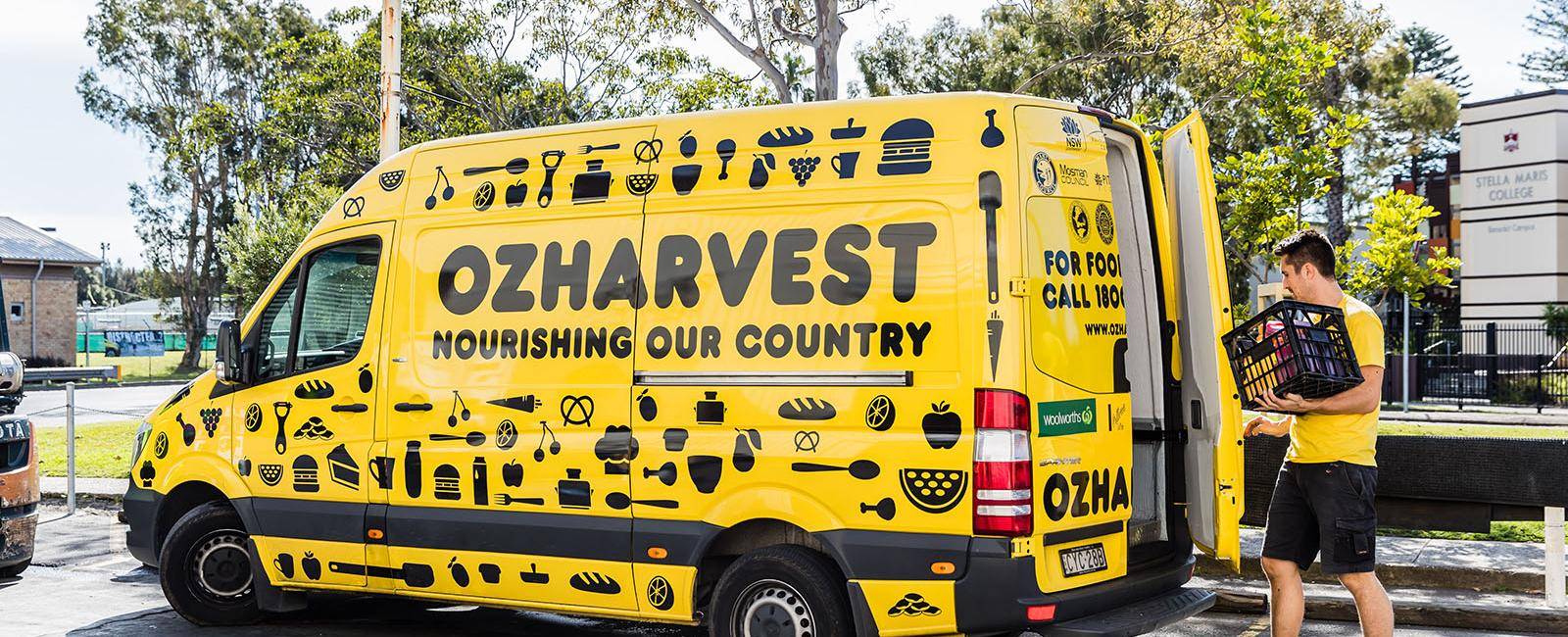
When nine-year-old James misses breakfast and there’s no lunch in his school bag, he knows there will be a free muesli bar, an apple and a muffin waiting for him at school. What he doesn’t know is that this food may have just flown in thousands of kilometres from another city and, although fresh and fit for consumption, would have ended up at the tip without the collaboration between airport businesses and food rescue organisation OzHarvest.
It’s the same for Lucy, who left home at 14 and has been couch surfing for a few months. When she visits the local youth service for support and stuffs her pocket with healthy treats to save for later, she has no idea they were originally intended as an inflight snack. OzHarvest Queensland state manager Amy Cobb says the organisation began collecting food from airport tenants in 2011 and the recovery of unused inflight meal items is now part of a daily food collection route.
“OzHarvest typically collects many items passengers will see on their flight trays, such as sandwiches, juice, crackers, biscuits, muffins, water, chocolates, muesli bars, breakfast cereals and fruit,” says Amy. “The food is perfect for school breakfast clubs, charities that provide food hampers and drop-in centres.”
Excess food collection
OzHarvest collects from Brisbane Airport airlines and airport catering companies including Alpha Flight Services, DHL Supply Chain, Virgin Australia via Gate Gourmet and Qantas via Dnata Catering.
Working behind the scenes to sort the food are 30 volunteer Airport Ambassadors, including a dedicated group currently volunteering with Dnata Catering’s food rescue program. Each week, four ambassadors volunteer across two Wednesday shifts (0630–1000 and 1000–1330), sorting through returned flight food to rescue what’s fit for redistribution. Before they started, the team completed an induction to meet strict safety and hygiene standards and now wear full PPE, including steel-capped boots, gloves, and hair covers, while on site. Their work helps recover items like muesli bars, fruit cups, and cereal packets, while ensuring anything unsuitable, like cooked meals, is safely disposed of.
Although OzHarvest values the excess food that they re-route to people in need, the organisation is pleased that collections from some airlines have decreased due to more sustainable ordering and catering processes that help reduce food waste.
More than 385 businesses around Brisbane donate excess food to OzHarvest which helps to create the 2,762,738 meals it delivered to 118 local charities last financial year.


